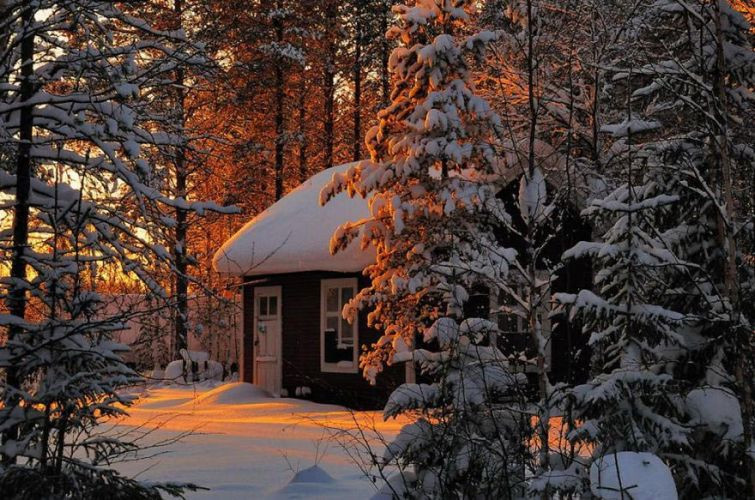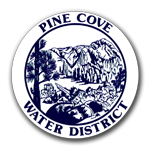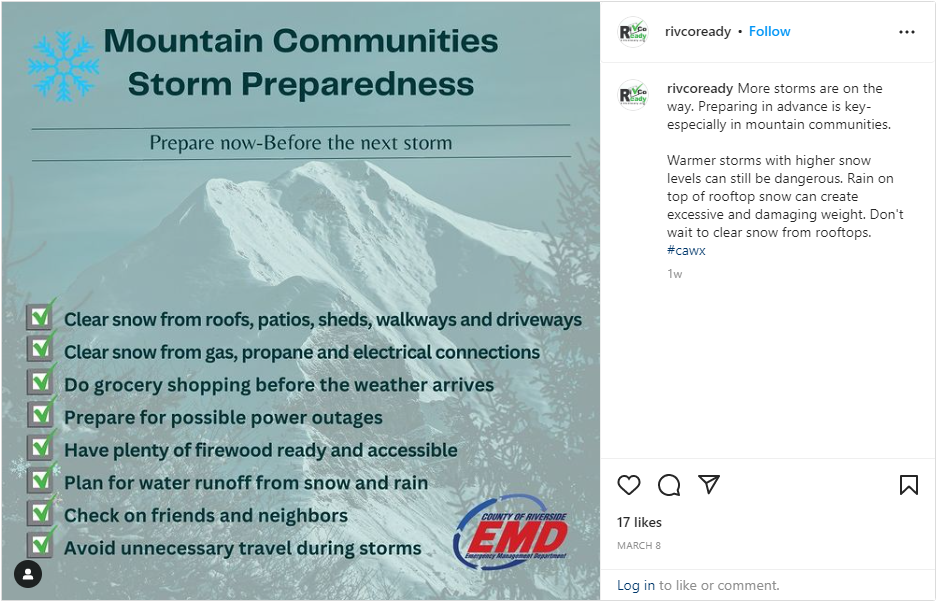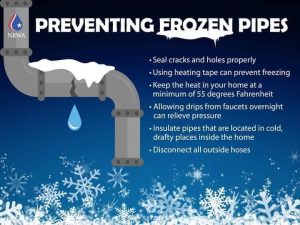Posted by admin on November 6, 2020
The Pine Cove Water District does not forgive water bills. Please remember to shut off your customer valve before leaving the mountain. If you’ve already left and forgot, give us a call and we will send someone out to shut off for a $15 fee during regular business hours. $15 is better than paying for busted pipes!
The following write up was taken directly from Idyllwild Snow on Facebook.
Welcome to your mountain home! You’re excited to leave the city behind and embark on your new permanent mountain vacation. Here’s what to expect when living among the peaks.
SURVIVING WINTER
You visited for a couple of weeks each year, so you probably don’t know this: Winter—serious, blizzard-having, school-canceling, live-animals-freezing-solid, Donner-Party winter—starts on Halloween and ends on Memorial Day. It’s fun at first. Then it’s not.
Chances are very high that your Escalade’s windshield will get cracked by mid-December. Most mountain communities use chunks of gravel instead of salt to grit icy roads. Don’t bother getting it repaired. It’s a badge of honor that marks you as a local. The cowboy hat will give you away, though.
Snowplow drivers don’t care. Your Expedition will not be able to get over the 14-foot-high snow drift they leave at the end of your driveway. Your snowblower will be useless. Pace yourself while shoveling it and try not to fall off the top. Don’t dump the snow back in the street. This just makes the plow drivers angry.
Snow drifts are beautiful until they block your furnace exhaust pipe. Don’t be that (potentially dead) guy.
Assume all water, dark patches, or suspicious shadows on the road are black ice.
“Mud season” is mid-March through mid-May and is the reason many people don’t make it through a full year of mountain living.
AVOIDING NATURE
All that nature you craved as a city-dweller will eat you if given the chance, especially the mountain lions. You don’t need to go looking for it: Nature will visit you in your backyard, and, if you leave a door unlocked, your kitchen.
At night, those reflective round circles by the side of the road are the eyes of deer or some other animal waiting to leap into your vehicle’s path. When you see an “animal crossing” sign on the road, believe it.
BREATHING
At 7,000 feet, the air has 16% effective oxygen content, compared with 21% at sea level, which makes your new home great for developing aerobic fitness—eventually. But first, you’ll have a couple months when you’ll have to stop halfway through chewing a piece of steak to catch your breath.
Due to the extremely low humidity, your skin will visibly age five years for every year you live in the mountains. Even your eyeballs will dry out. Drink more water than you thought possible. Invest in effective skin care.
On the plus side, your hair will dry very quickly when you get out of the shower, and mildewed towels and stale crackers will be a thing of the past.
Lack of oxygen means the sun is incredibly strong. You’ll sunburn in the time it takes to walk from your estate to your mailbox. Wear sunscreen all the time. Even at night.
RUNNING ERRANDS
Here, there is no “popping out” to the hardware store. Everything you want to do is at least an hour’s drive away and involves traversing at least one mountain pass or major river crossing.
Roads are frequently and suddenly closed for landslides, blizzards, washed-out bridges, avalanches, migrating herds, and really bad car accidents (see black ice/animals, above), so always have a Plan B route home. Plan B may involve a kayak.
Keep tire chains in the car, even in summer. Pack your trunk like you might spend the night, possibly two, in your vehicle. You eventually will.






